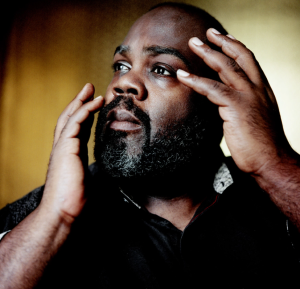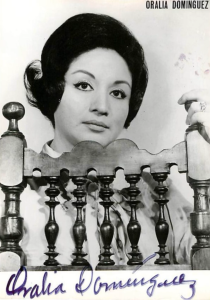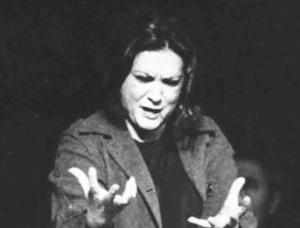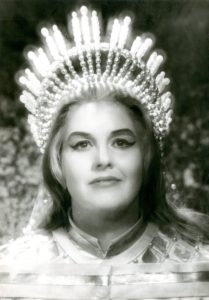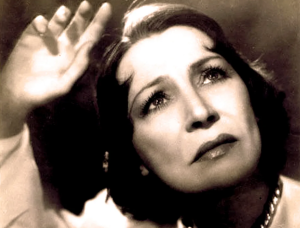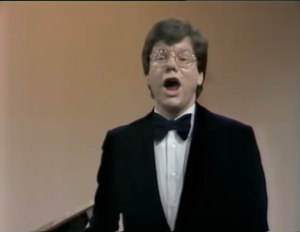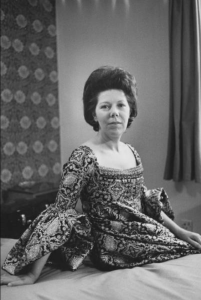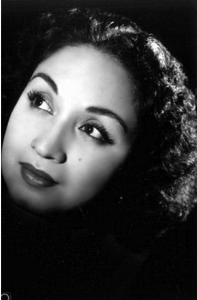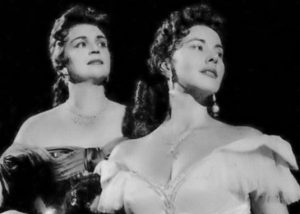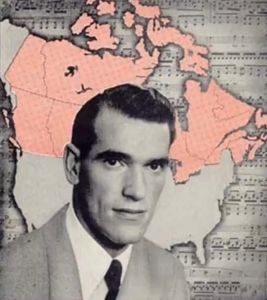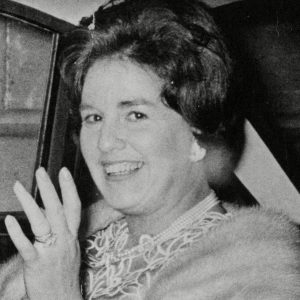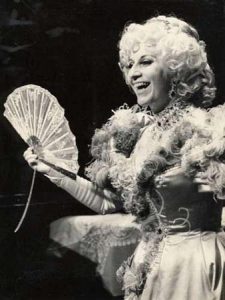Podcast: Play in new window | Download (Duration: 1:33:08 — 104.0MB) | Embed
Subscribe: Spotify | TuneIn | RSS | More
This is the second part of an episode begun last week featuring the cream of the crop of today’s young artists. As with the performers heard last week, they represent the finest opera and classical singers working today; it is my distinct pleasure (and honor) to present them to you. They include sopranos Francesca Pia Vitale and Ewa Płonka; mezzo-soprano Beth Taylor; countertenors John Holiday, Key’mon Murrah, and Reginald Mobley (pictured); tenors Laurence Kilsby and Zachary Wilder; baritones Artur Ruciński and Theo Hoffman; and bass-baritones Philippe Sly, Joseph Parrish, and Georg Zeppenfeld in repertoire ranging from Monteverdi and Vivaldi to Rebecca Clarke, Hall Johnson, and Paul McCartney. It has been my pleasure to hear many of these singers live and I look forward to hearing them all again in person (and as soon as possible!)
Countermelody is a podcast devoted to the glory and the power of the human voice raised in song. Singer and vocal aficionado Daniel Gundlach explores great singers of the past and present focusing in particular on those who are less well-remembered today than they should be. Daniel’s lifetime in music as a professional countertenor, pianist, vocal coach, voice teacher, and journalist yields an exciting array of anecdotes, impressions, and “inside stories.” At Countermelody’s core is the celebration of great singers of all stripes, their instruments, and the connection they make to the words they sing. By clicking on the following link (https://linktr.ee/CountermelodyPodcast) you can find the dedicated Countermelody website which contains additional content including artist photos and episode setlists. The link will also take you to Countermelody’s Patreon page, where you can pledge your monthly or yearly support at whatever level you can afford.
